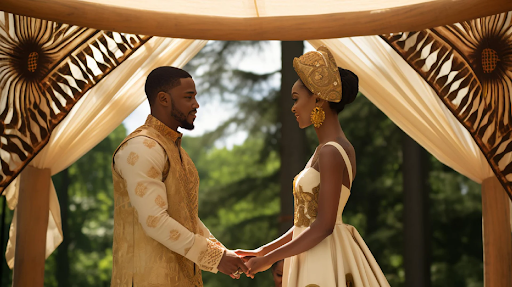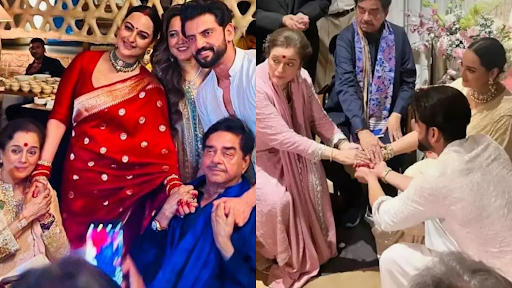Introduction
In today’s globalizing world, most marriages unite two different cultures. If both partners respect and appreciate each other’s cultural backgrounds, this coming together of different cultures may be beautifully enriching. Appreciation for culture in marriage is not something about understanding traditions and practices; rather, it is an art of respect, empathy, and growing together. It is therefore very essential in a marriage, and couples can even learn to appreciate each other’s cultures. Let’s explore why cultural appreciation is vital in a marriage and how this can improve the bond between partners.
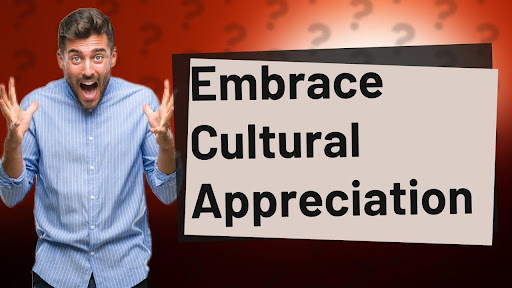
Building a Stronger Connection
Desires to understand a partner’s background are at the root. Interests might further lead to deeper conversations and appreciation of their values, beliefs, and customs. The more the partners take time to study each other’s culture, the more respect they build and the basis of trust. This in turn strengthens their emotional connection to create a harmonious relationship.
Imagine one partner is from a culture where festivals are celebrated with much fanfare, while the other partner is from a culture where such celebrations are relatively low-key. Showing interest in and engaging with each other’s cultural festivities can go a long way in creating shared experiences between the couple. These celebratory moments become shared memories, strengthening the relationship bond between the couple.
Improved Communication
Effective communication forms the basis for any successful marriage. Cultural differences can be misinterpreted at times. If the partners respect and value each other’s cultural perspectives, they will be more sensitive to these nuances. This builds an awareness that will eventually yield better communication and reduce the chances of conflicts arising from cultural misunderstandings.
For instance, a number of cultures advocate for direct communication, while others appreciate indirect modes of communicating information. Being able to recognize such differences and act accordingly can enable a couple to navigate conversations more effectively. This also builds up respect and appreciation for each other since a person is demonstrating readiness to understand and accommodate their partner’s style of communicating.
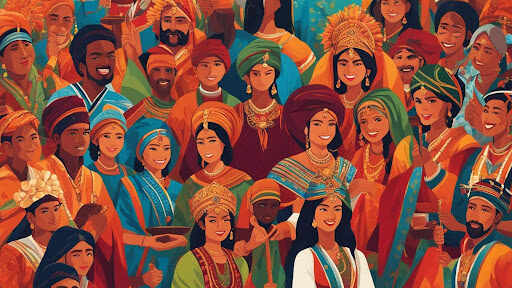
Personal Growth Encouragement
Marriage in itself is a growth journey. Cultural diversity within a relationship may present specific learning and improvement opportunities. One will be exposed to different cultural practices that view the world from other horizons, challenging one’s preconceived notions.
When partners are open to learning from each other’s cultures, they enrich themselves with new insights and abilities. One might introduce the other to a new tradition of cooking; another might share certain knowledge about classic forms of art. This type of enrichment enriches not only the individual self but also the dynamics and fulfillment in the relationship.
Providing an Environment that Nurtures
Cultural appreciation involves recognition and value attached to cultural traditions and practices. That would therefore mean the creation of an enabling environment where both partners feel understood and appreciated. It also helps in resolving potential conflicts based on cultural differences.
Consider instances where one partner’s family is very engaged in some sort of ritual during any family function. The other partner may win respect from their spouse’s cultural background by showing appreciation and taking part in such rituals. Participation thus leads to belonging and acceptance of the marriage union.
Raising a Culturally Aware Child
This means raising children who are culturally aware and respectful is important for couples in multicultural marriages. Parents set a good example by respecting and celebrating each other’s culture. Children brought up in these families will have much wider world exposure and a deep regard for diversity.
Parents who purposefully integrate cultural aspects into their family’s life give their children a vast and diverse childhood. It is not simply about children developing a more significant culture but the values within it—empathy, respect, and inclusivity. This can be applied in the global world today through the production of well-rounded individuals.
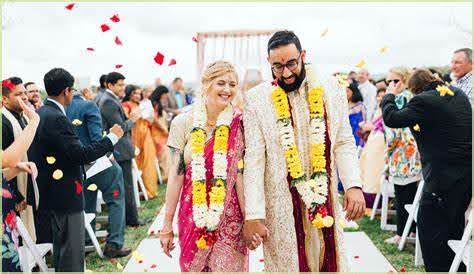
Overcoming Challenges
While much is brought in with cultural appreciation, so is the set of problems that come along with it. Cultural differences in practices, beliefs, and values can sometimes be a cause of conflict. However, such challenges can be easily overcome if one is patient, open-minded, and willing to learn from each other.
The problems couples experience in intercultural marriages can be diminished if the partners sustain open lines of communication and find common ground in their issues. There is a need for cultural differences to be looked at with curiosity, not judgment. This fact helps a couple realize that it is possible to find ways of harmoniously fusing their backgrounds in light of the shared values on which their relationship is premised.

Conclusion
Cultural appreciation is thus a journey of discovery, learning, and mutual respect in marriage. That enriches a relationship through deeper connections, improved communication, and growth. Couples who appreciate and celebrate each other’s cultural heritage show appreciation for one another in such a way that love and respect thrive. They build up not only their marriage bond but also a more tolerant and understanding world.
